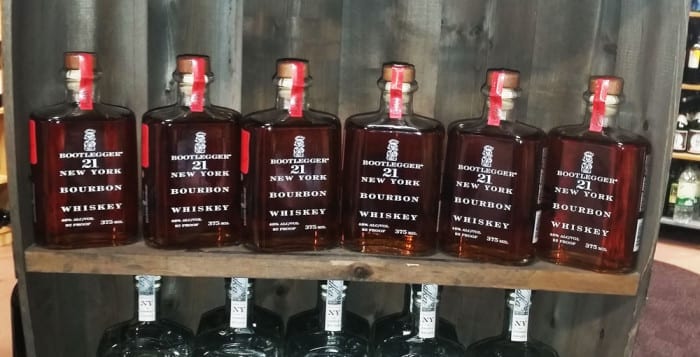You’re not alone and help is available
By Jeffrey L. Reynolds

As COVID hit and stay-at-home orders began, alcohol sales and consumption skyrocketed. Nielsen reported a 54% increase in national sales of alcohol for the week ending March 21, 2020, compared with the year prior; online sales increased 262% from 2019. In several national surveys, more than half of adult respondents said that they were drinking more frequently — often daily — and many said that they were having more drinks at each sitting, with about a third engaging in potentially dangerous binge drinking.
The jump in alcohol use was largest among women and not surprisingly, people of all ages cited increased stress, anxiety and grief coupled with increased alcohol availability and boredom as contributing factors.
As the world returns to “normal” and day drinking memes on social media begin to fade, some of those who have become accustomed to a 3 p.m. drink or who have increased the number of glasses of wine or beer they consume with dinner will have a hard time going back.
How do you know if you’re drinking too much?
According to the federal government’s Dietary Guidelines for Americans, moderate alcohol consumption is defined as having up to one drink per day for women and up to two drinks per day for men. This definition refers to the amount consumed on any single day and is not intended as an average over several days. The Dietary Guidelines, however, also say that people who don’t usually drink alcohol shouldn’t take that as a green light to start.
The Dietary Guidelines define a one alcoholic drink equivalent as containing 14 g (0.6 fl oz) of pure alcohol, which includes 12 fluid ounces of regular beer (5% alcohol), 5 fluid ounces of wine (12% alcohol), or 1.5 fluid ounces of 80 proof distilled spirits (40% alcohol).
In comparison to moderate alcohol consumption, high-risk drinking is the consumption of four or more drinks on any day or eight or more drinks per week for women and five or more drinks on any day or 15 or more drinks per week for men. Binge drinking is the consumption within about two hours of four or more drinks for women and five or more drinks for men.
Excessive alcohol consumption, which includes binge drinking, high-risk drinking, and any drinking by pregnant women or those under 21 years of age comes with significant risks. Excessive drinking increases the risk of many chronic diseases and violence and, over time, can impair short- and long-term cognitive function. Binge drinking is associated with a wide range of health and social problems, including sexually transmitted diseases, unintended pregnancy, accidental injuries, and violent crime.
As scary as all that can be, there’s a ton of help available both in our local communities and online, where trained professionals can help you assess your drinking and if need be, help you come up with strategies to cut-back or quit. At FCA, we operate two state licensed outpatient treatment centers, two recovery centers and recovery coaching (Call 516-746-0350 or visit FCALI.org). LICADD runs a 24-hour assessment and referral hotline at 631-979-1700 as does Response at 631-751-7500 and Project Hope at 1-844-863-9314.
There are also a number of free or low-cost addiction recovery smartphone apps that give consumers 24/7 access to self-help and tracking tools, 12-step programs, motivational tools, and reminders. Sober Grid, SoberTool, Nomo, WEconnect, rTribe, and 24 Hours a Day are just a few of the popular resources. Alcoholics Anonymous and other 12-step programs have meetings online, along with a host of other online sobriety support groups. Of these, Self-Management and Recovery Training (SMART), Loosid, LifeRing, Club Soda, Women for Sobriety, and Tempest are among the top-rated.
Emerging from COVID and returning to normal is going to look different for everyone. If it’s proving to be challenging for you or someone you love, pick up the phone, fire up your computer and reach out for help today. You are not alone.
Dr. Reynolds is the President/CEO of Family and Children’s Association (FCA), one of Long Island’s oldest and largest nonprofits providing addiction prevention, treatment and recovery services.







